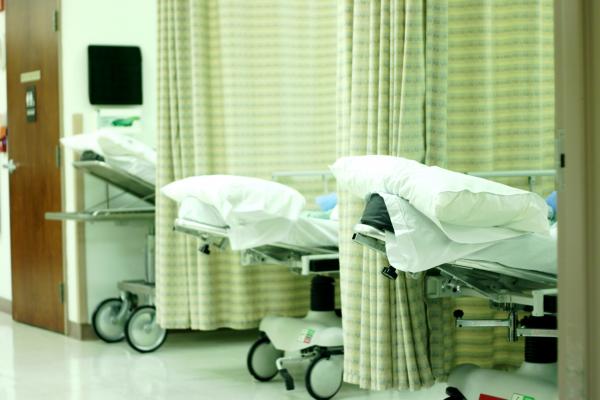
September 15, 2015 — Michigan hospitals participating in the American College of Cardiology’s “See You in 7” program demonstrated important reductions in 30-day readmission rates for Medicare heart failure patients compared to non-participating hospitals. The improvements came despite only modest increases in seven-day follow-up appointments, according to a study in JACC: Heart Failure.
“See You in 7” is part of the ACC’s Hospital-to-Home initiative, a national quality improvement program aimed at reducing heart disease-related hospital readmissions and improving the transition from hospital to home. “See You in 7” challenges hospitals to ensure all discharged heart failure and heart attack patients have a follow-up appointment scheduled within seven days of hospital discharge.
“Readmissions of heart failure patients remain one of the most important clinical challenges today,” said JACC: Heart Failure Editor-in-Chief Christopher O’Connor, M.D., FACC. “Transitional care programs may represent our best opportunity to reduce the burden on patients and health systems.”
Researchers looked at the seven-day follow-up and 30-day readmission rates for Medicare heart failure patients at 10 hospitals in the Southeast Michigan “See You in 7” Collaborative and compared them to non-participating hospitals both before joining the “See You in 7” program and after one year of participation.
The one-year program included three phases: implementation, intervention and evaluation periods. During implementation, hospitals selected at least one metric from the “See You in 7” toolkit to focus their efforts and measure progress.
Metrics included:
- Identify heart failure patients prior to discharge;
- Schedule and document a follow-up visit with a cardiology or primary care doctor within seven days of discharge;
- Provide patients with documentation of scheduled follow-up;
- Identify and address barriers to keeping appointment;
- Ensure patients arrive at scheduled follow-up appointment; and
- Make discharge summary available to follow-up healthcare providers.
At the end of the program, both participating and non-participating hospitals’ seven-day follow-up rates increased but remained low—31 to 34 percent for participating hospitals and 30 to 32 percent for non-participating hospitals. However, adjusted 30-day readmission rates decreased substantially in participating hospitals compared to non-participating hospitals. Participating hospitals saw readmissions decrease 2.6 percent, while non-participating hospitals saw a 0.6 percent reduction.
“Our study clearly shows there are challenges in coordinating early follow-up care, since increases in seven-day post-discharge follow-up were modest. However, despite this, hospitals in the program stepped up to address deficiencies in post-hospital care and reduce 30-day readmissions,” said Sandra Marie Oliver-McNeil, DNP, ACNP-BC, a study author and assistant professor of nursing at Wayne State University. “Through collaboratively addressing the ‘See You in 7’ goals, hospitals participating in this program learned from each other when helping their patients transition from hospital to home, and they should serve as an encouraging example for other regional hospitals to share best practices.”
According to the study, participating hospitals designated a staff member to document successful seven-day follow-up visits or investigate why the visits did not take place, leading to more engaged patients and caregivers and giving both sides a better understanding of barriers to care. These efforts may have led to the reduced 30-day readmission rates.
Medicare payments per patient also decreased in participating hospitals. Combined payments for inpatient and 30 days of post-discharge care decreased by $182 in participating hospitals and $63 in non-participating hospitals.
For more information: www.acc.org


 February 03, 2026
February 03, 2026 









